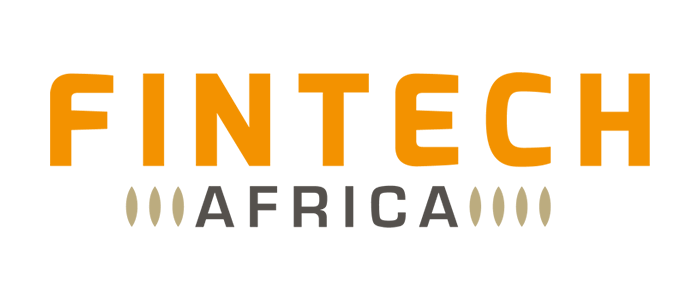Fintech Startups Gulped 50% of African Tech’s $2bn Funding in 2021
There seems to be a preference for Africa’s fintech sector by investors and the markets alike as it gulped half of the more than US$2 billion raised by tech startups on the continent being sucked into the space.
This is according to the seventh edition of our African Tech Startups Funding Report, which is available free to all as part of an open-sourcing initiative in partnership with Novastar Ventures, MFS Africa, Quona Capital, 4Di Capital, MEST Africa and Future Africa, 564 African tech startups raised a combined US$2,148,517,500 in 2021.

More so than ever before, fintech is the most popular sector for investments. An extraordinary year saw new unicorns minted, round size records tumble, and fintech startups break the US$1 billion funding barrier, something the African tech space as a whole only managed for the first time in 2021.
Read also African Fintech Startups Invited To Apply For CcHub Fintech Innovation Grant
Fintech companies raised US$1,038,456,500, up 547.7 per cent on US$160,319,065 in 2020. This took fintech’s share of total funding to just shy of the 50 per cent mark, a significant increase on 2020, when it accounted for less than a quarter.
These impressive figures were driven primarily by Nigeria, which saw major rounds for the likes of Flutterwave (US$170 million), Kuda (US$25 million and US$55 million), Moove (US$63.2 million) and FairMoney (US$42 million), and accounted for more than half of fintech investment. Egypt’s MNT-Halan (US$120 million) and South Africa’s Yoco (US$83 million) also contributed significantly.
Read also Nigerian B2B Payments Startup Duplo Bags $1.3m In Pre-seed Round
The relentless growth of Africa’s fintech space should not, however, detract from positive developments elsewhere. Non-fintech startups still raised over US$1 billion between them in 2021, with many sectors more than doubling the amount of funding secured the previous year. E-commerce and retail-tech saw total funding leap 271.5 per cent to US$326,156,000, transport investment grew 102.4 per cent to US$105,445,000, logistics saw an increase of 134 per cent to US$86,751,000, and ed-tech funding jumped 516.3 per cent to US$81,030,000. So while fintech shone the brightest, it was an impressive year all round.
Kelechi Deca

Kelechi Deca has over two decades of media experience, he has traveled to over 77 countries reporting on multilateral development institutions, international business, trade, travels, culture, and diplomacy. He is also a petrol head with in-depth knowledge of automobiles and the auto industry















